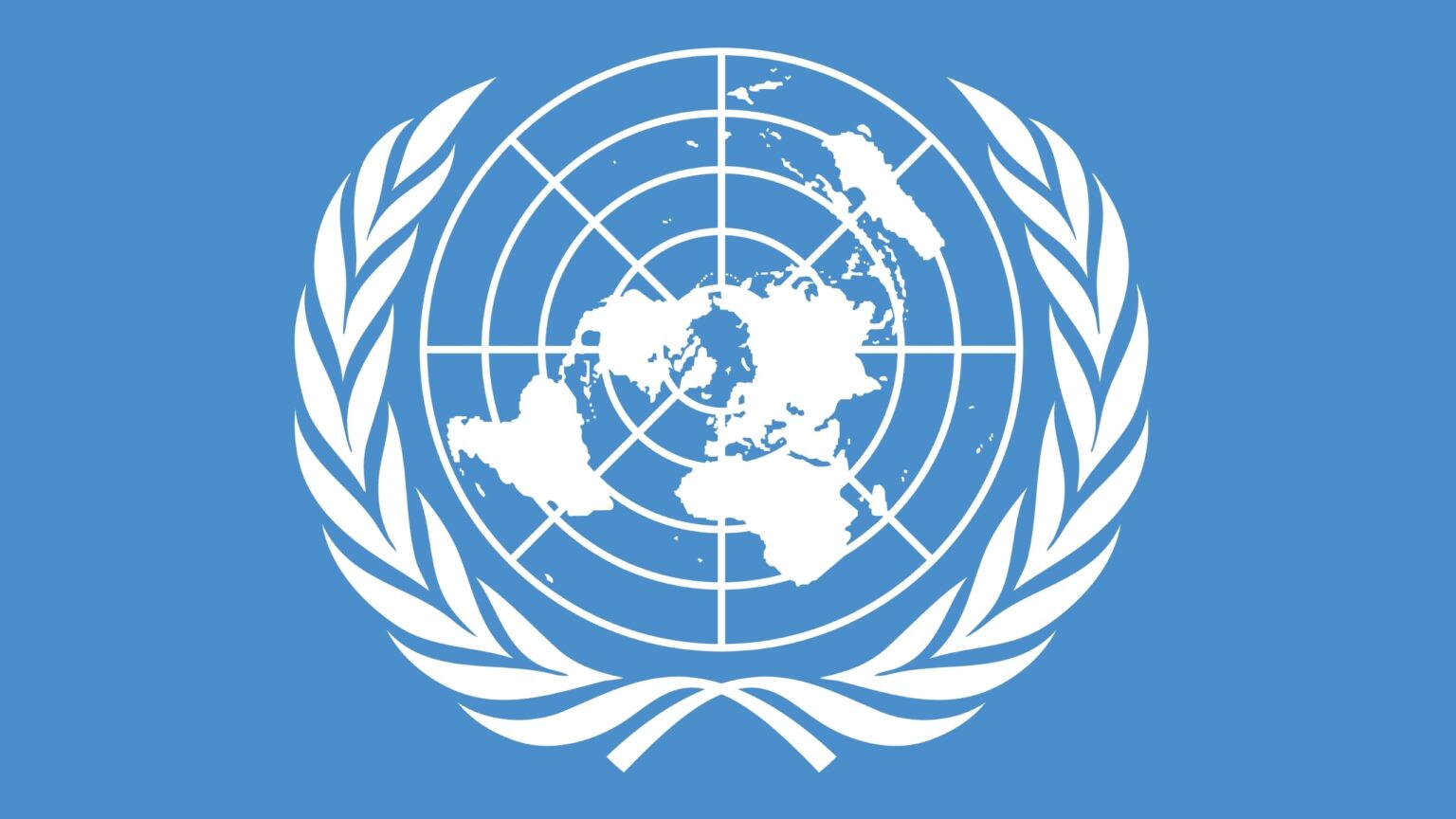In an announcement recently, UN Secretary-General António Guterres revealed a significant global project focused on resolving the rising issues related to artificial intelligence (AI) governance.
The newly formed 39-member advisory council includes prominent personalities from the technology sector, government, and academia.
The Promise and Challenge of AI
AI has increasingly become a transformative force in our global society. Its capabilities are vast, from enhancing healthcare diagnostics to streamlining supply chains and personalizing education. However, AI also brings forth ethical, societal, and technological challenges alongside its immense potential. Misuse, biases embedded within algorithms, and data privacy concerns are just a few pressing issues.
Privileged to be included in the UN Secretary General @antonioguterres High-Level Advisory Body on AI alongside distinguished individuals from around the world. Looking forward to address one of the most critical issues of our age: global governance of AI https://t.co/pGeuwVt99e pic.twitter.com/fkRQKu1GZ2
— Nighat Dad (@nighatdad) October 26, 2023
Established by the UN, this group encompasses tech firms, government officials, and scholars spanning continents.
They hail from countries as diverse as Spain, Saudi Arabia, the United States, Russia, and Japan. It includes influential industry players like Hiroaki Kitano from Sony, Mira Murati from OpenAI, and Natasha Crampton from Microsoft.
UN’s Vision for a Harmonized AI Future
The initiative underscores the UN’s commitment to steering the AI narrative towards responsible and ethical utilization. Guterres highlighted the technology’s profound potential for positive impact while acknowledging the inherent risks. He pointed out that without proper governance, the malicious use of AI could erode trust in institutions, disrupt social harmony, and threaten democracy.
Hence, establishing this committee marks a critical step towards mitigating these risks. It demonstrates an international resolve to navigate the complex landscape of AI governance. Additionally, it signifies a collective effort to harness AI’s transformative potential for the greater good, especially for developing nations seeking to leapfrog outdated technologies.
Killer list of advisors for the UN High-level Advisory Body on AI pic.twitter.com/O7fk2TwYZu
— Haydn Belfield (@HaydnBelfield) October 26, 2023
The committee stands out for its global representation and diversity. It brings together experts from various backgrounds, from the United States AI expert Vilas Dhar to China’s Professor Yi Zeng and Egyptian lawyer Mohamed Farahat. This diversity ensures a comprehensive and nuanced approach to AI governance, reflecting many perspectives and experiences.
Anticipating the Future of AI
The world has witnessed a surge in interest and concern surrounding AI since introducing technologies like ChatGPT. This move has prompted a wave of legislative initiatives worldwide. Researchers and policymakers now advocate for more robust international collaboration in AI governance.
The United Nations may release initial suggestions by the end of the year. By the summer of 2024, they plan to provide comprehensive recommendations. The priority is establishing a global scientific consensus on potential AI-related risks and challenges.
Moreover, the aim is to enhance international cooperation in AI governance. The committee’s inaugural meeting, scheduled for Oct. 27, is eagerly anticipated by the global tech community.
Bridging Gaps and Building Bridges
With AI expertise primarily concentrated in a handful of companies and countries, there’s a looming threat of increased global inequalities. By bringing together representatives from various sectors, the UN aims to bridge these disparities, ensuring that benefits are widespread and not just confined to a select few.
Furthermore, the AI Advisory Body aspires to develop a unified vision for the future using the universal principles of the United Nations Charter. This vision will not only solve present difficulties but also chart the route in which AI technology is accessible, responsible, and beneficial to humanity.
The United Nations’ creation of this global AI governance council is a big step forward in tackling the issues of the AI age. With the dawn of a new technological era looming, such efforts will be vital in creating a world where everyone can share in its abundance.









 and then
and then